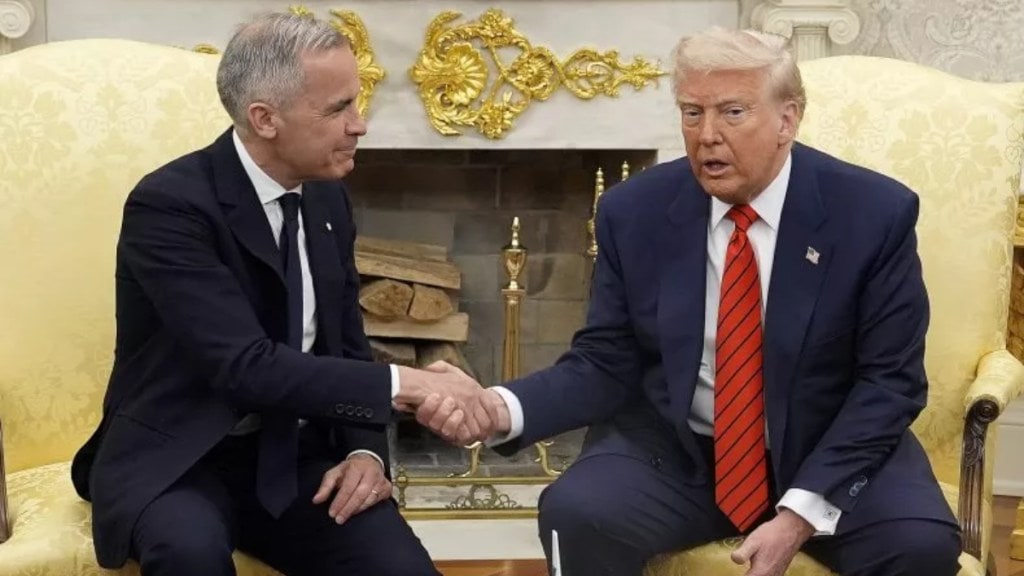Canada has rescinded its digital services tax (DST) following US President Donald Trump’s threat over the weekend that he will be “terminating ALL discussions on Trade with” the neighbouring country. As a result, they are now “in anticipation” of a trade agreement with the United States.
In an official statement, Ottawa announced that Canadian PM Mark Carney and Trump have now agreed to “resume negotiations with a view towards agreeing on a deal by July 21, 2025.” Carney’s office further confirmed that the trade talks will be following the same timelines set at this month’s G7 Summit in Kananaskis.
Although the digital services tax was poised to go into effect on Monday, Canada’s tech tax withdrawal decision comes just days after Trump described it as a “direct and blatant attack on our country.“
Had it been imposed, the digital services tax would’ve applied at a rate of 3% on revenue earned from “certain digital services that rely on engagement, data, and content contributions of Canadian users” and “certain sales or licensing of Canadian user data,” as per the official Canadian government website.
Canada’s tax hated by Trump would have severely impacted tech giants like Apple, Google and Amazon. The Parliamentary Budget Office estimated in 2024 that the digital services tax would bring in over $7 billion over five years, as per CBS’s report. Although the tax has been in place since 2024, its first payment were due Monday.
Canadian officials on the digital service tax halt
“The DST was announced in 2020 to address the fact that many large technology companies operating in Canada may not otherwise pay tax on revenues generated from Canadians,” a news release from the Department of Finance Canada highlighted. “Canada’s preference has always been a multilateral agreement related to digital services taxation. While Canada was working with international partners, including the United States, on a multilateral agreement that would replace national digital services taxes, the DST was enacted to address the aforementioned taxation gap.”
Minister of Finance and National Revenue François-Philippe Champagne said that the new Canadian government was focussed on “building the strongest economy in the G7 and standing up for Canadian workers and businesses.”
He added, “Rescinding the digital services tax will allow the negotiations of a new economic and security relationship with the United States to make vital progress and reinforce our work to create jobs and build prosperity for all Canadians.”

